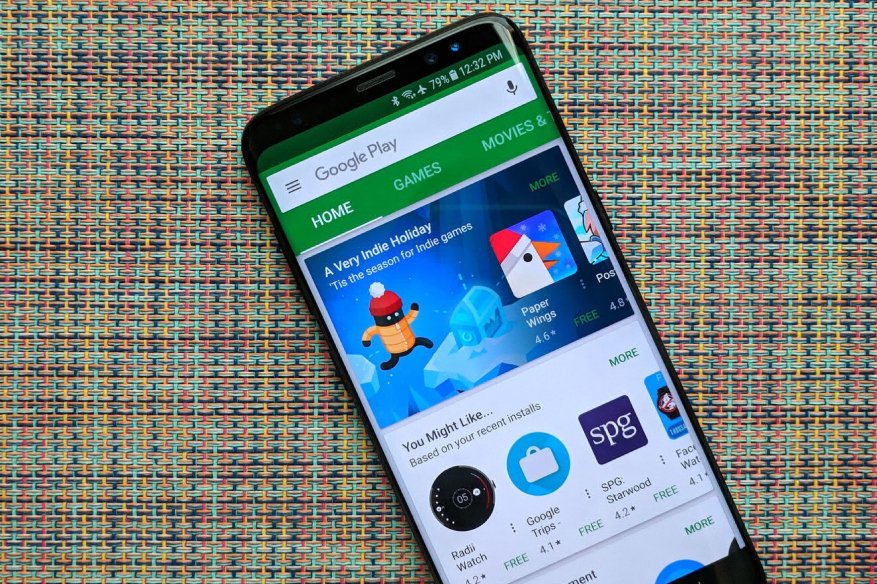Beware Of Deceptive Antimalware Apps In Android

Right after Windows, antimalware vendors have set their sights on Android as their next “platform” to protect (or at the very least claiming to protect). As Windows is an undisputed king of the desktop/laptop operating system, Android became the counterpart for mobile devices, ranging from smartphones, tablets, smart watches, and IoTs (Internet-of-Things). Unlike the Windows platform that has enjoyed a mature antimalware scene since the 1980s, Android is a whole different beast, which makes antimalware on the platform a less elegant product.
Generally speaking, antimalware in Windows is effective, since it can consistently gain admin access, it delegated by the user to the software during the installation of the program. While in Android, root access does not exist by default. Antimalware in Android runs just like any other app in the platform, with the user needing to provide the permissions to the app to perform more advanced actions in the device.
Of course, not all antimalware in Android are created equal, some may resemble a level of effectiveness in detecting malicious apps, while others are just claiming to be effective, but it really isn’t’. AV-Comparatives performed a test across 250 Android antimalware apps to determine their effectiveness. 55% of the antimalware apps end-up failing to detect at least 30% of the malware sample used in the test.
“We consider those apps to be risky, that is to say, ineffective or unreliable. In some cases the apps are simply buggy, e.g. because they have poorly implemented a third-party engine. Others detect only a handful of very old Android malware samples, and allow any apps that contain certain strings, making them likely to pass some quick checks and thus be accepted by the app stores,” explained AV-Comparatives representative in their official blog.
As publishing files in the Google Play Store is not as strict as submitting apps to the Apple App Store, apps that pretend to be antimalware is a very common scene in Google Play. Google continues to scan the Play Store in order to remove apps like these; they categorize such harmful apps as “potentially unwanted applications.” At the time of this writing, Google banned 32 developers for uploading potentially unwanted applications in the Play Store:
- antisecurity.inc
- AppLocker Cleaner Booster
- AppsNewLook
- AVC Security
- Bastiv
- Big Fun Free Apps
- Birina Industries
- Cooler Technologies
- Document Viewer 2019
- Erus IT
- GearMedia
- Himlamo
- koala security studio
- LA Antivirus Lab
- Mobile Antivirus Lab
- Mobile Tools
- NCK Corp
- Ocean Developers
- PICOO Design
- Protection & Security for Mobile Lab
- Rivalab
- Secure Performance Dev
- Smart bapp
- Taobao
- Top Maxi Group
- TrustPort
- Vasa Pvt
- Vasonomic
- Vitekco
- wallpaperdus,
- Weather Radar Forecast
- Zeeworkers
“Most of the above apps, as well as the risky apps already mentioned, appear to have been developed either by amateur programmers or by software manufacturers that are not focused on the security business. Apps made by amateurs can be often spotted in the Google Play Store by looking at the options for contacting the authors. Typically, hobby developers will not provide a website address, merely an email address (usually Gmail, Yahoo, etc.). Additionally, most such apps do not provide any sort of privacy policy,” concluded AV-Comparatives.
Related Resources: